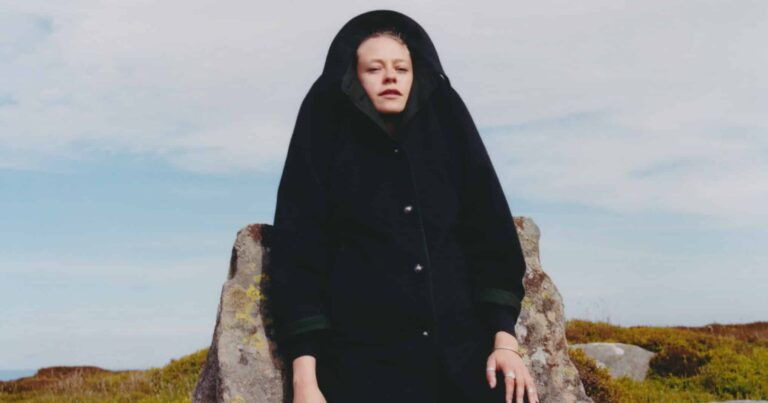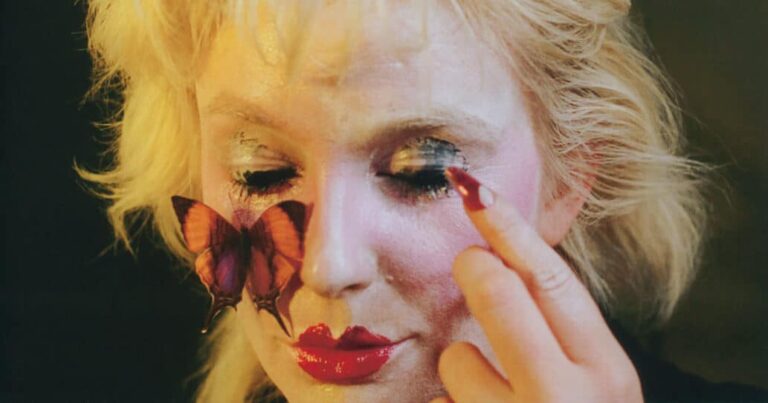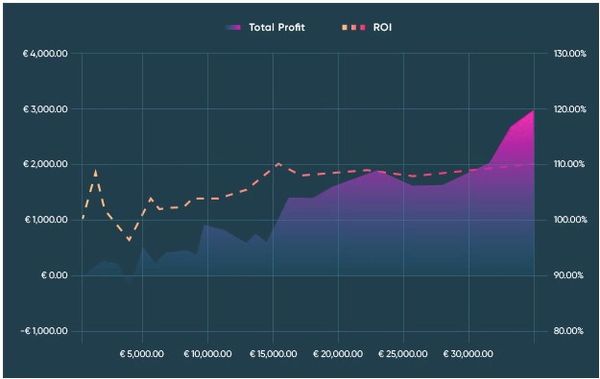The video game industry has grown tremendously in recent years, with revenue surpassing that of the music and movie industries combined. The industry has seen significant growth in terms of technological advancements, creativity, and accessibility. Many video games today feature stunning graphics, immersive storylines, and dynamic gameplay, making them increasingly popular among a diverse audience.
As a result, the Game Awards have become an essential annual event for the gaming industry, recognizing the best games, developers, and players. Since its inception in 2014, the Game Awards have annually recognized the gaming industry’s exceptional achievements. The 2022 edition is the latest in the series.
The 2022 Video Game Awards
The 2022 Game Awards have proven once again why they are the best video game award ceremony. The celebration was well-planned to honor the accomplishments of the year as well as the people behind those accomplishments. The event was hosted by video game journalist and television presenter Geoff Keighley and attracted the most viewers ever. It attracted 103 million spectators from all around the world through various streaming platforms and networks.
The award show is one of the main events in the gaming industry and its global audience has grown significantly in recent years. In 2020, its viewership increased by 84% over the previous year and by approximately 103% over its 2018 audience.
The Movers and Shakers of 2022
The ceremony was well-planned to commemorate the year’s accomplishments as well as the drivers behind those accomplishments. Many of the top games that got recognition in the 2022 event are also doing exceptionally well in top-rated eSports betting sites such as drapuestas.com. Many video game enthusiasts worldwide believed God of War: Ragnarok, an action-adventure game developed by Santa Monica Studio, would receive this exceptional honor.
Contrary to expectations, Elden Ring won the Game Award for providing the best gaming experience in all technical and creative categories. Elden Ring, an epic adventure game developed by FromSoftware, Inc. and BANDAI NAMCO Entertainment Inc., was one of the most notable award winners. Elden Ring was named Game of the Year.
Despite being outperformed in terms of overall performance, God of War: Ragnarok won a number of other awards, including Best Narrative, Best Audio Design, Best Action/Adventure Game, and Innovation in Accessibility. Bear McCreary and Christopher Judge, the show’s creators, were also recognized, with awards for Best Score/Music and Best Performance, respectively.
The event recognized 31 top achievers for their outstanding performance in various categories. It is still regarded as one of the most outstanding award ceremonies of 2022, having gone beyond the mundane recognition of games to honor companies, teams, events, and individuals.
Projecting the Future of the Video Game Industry
The unrivaled awards ceremony exemplified the success of the video gaming industry. It demonstrated the entertainment industry’s incredible growth and hinted at a possible long-term dominance. The viewership alone can easily decode the growing global interest in video games. In any field, attracting 103 million people is an incredible accomplishment.
Today, the video game industry is one of the most popular and profitable in the world. The global games market was worth US$180 billion in 2021 and this figure is expected to grow several times over the next decade, reaching US$377.00 billion by the end of 2023. The video game industry has already surpassed several others, surpassing the film and music industries combined. In less than five years, the industry is expected to overtake the rest in entertainment.
Between 2023 and 2027, the industry’s compound annual growth rate (CAGR) is projected to be 6.98%. At this rate, gaming will easily surpass the predicted market volume of $493.80 billion by 2027.
Given the massive rate at which people are switching to video gaming as their preferred form of entertainment, the projected global achievement comes as no surprise. The industry is expanding to new global markets and thriving. For instance, it is expected to generate approximately US$106,800.00m in China alone in 2023.
Final Thoughts
The 2022 Game Awards were thoughtfully designed to honor the best contributors, games, teams, and other outstanding performers. However, in addition to honoring the achievers, it demonstrated the video gaming industry’s tremendous growth. From afar, it is clear that the industry is massive, and its trajectory points to even greater success in the near future.














